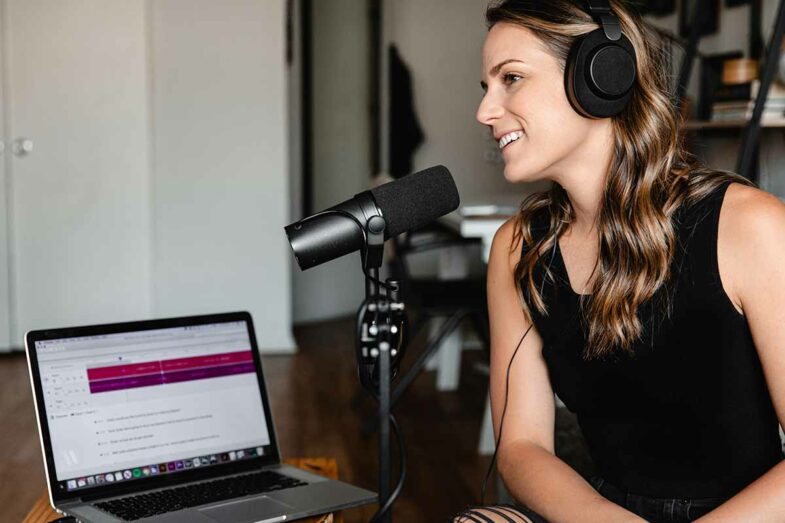Budget planning can sometimes feel overwhelming, especially when expenses pile up unexpectedly. However, understanding key financial principles can turn this challenge into a manageable and even rewarding task. Structured financial handling skills from ACCA Foundations provide practical methods for financial decision-making and error prevention during budget planning processes. A basic education in accounting allows you to maintain strong financial conditions in personal money management and business financial operations.
Unveiling the Accounting Secrets to Effective Budgeting will give you the ability to manage your finances instead of allowing them to dictate your choices. The ability to distribute funds intelligently, together with expense forecasting and financial monitoring, serves as an essential tool for every person. A correct financial approach enables you to pursue your goals while reducing pointless anxiety.
Table of Content
- Connection Between Accounting and Budgeting
- Accounting Skills That Improve Budget Planning
- Practical Ways to Use Accounting for Better Budgeting
- Conclusion
Connection Between Accounting and Budgeting
A solid conceptual link exists between budgeting and accounting procedures. Budgets that correctly predict financial data require accounting tools to properly track and analyse such data. Accounting tools enable you to view expenses, revenue, and cash flow patterns when you apply them to budgeting processes. This leads to advanced financial threat detection, which allows you to make decisions for effective financial oversight.
Financial statements produced through a profit-and-loss calculation enable users to check if their financial spending is appropriate for their budget. Studying to prepare balance sheets reveals your existing assets and debts to better understand available funds for saving or investing and spending purposes.
Accounting Skills That Improve Budget Planning
Effective budgeting is easy when you understand and utilise these accounting skills as explained below:
- Expense Tracking and Categorisation
Budget creation rests greatly on your ability to identify how your funds are distributed. Accounting education teaches you effective financial organisation methods together with essential and nonessential expenses identification skills. Keeping detailed records will help you find spending trends and cut costs that aren’t necessary, which will make your budget more reasonable.
- Cash Flow Management
- Ensures you have enough liquidity to cover expenses and maintain stability.
- Helps forecast cash inflows and outflows to prevent financial shortfalls.
- Budget Forecasting and Planning
It’s important to predict future costs when making a budget. Using accounting principles, you can make accurate predictions by looking at past data and predicted income. This method helps you prepare for upcoming financial obligations, like a big buy, a tax payment, or a business change.
- Cost-Benefit Analysis
- Assesses whether an expense is justifiable by weighing costs against benefits.
- Helps prioritise essential spending while avoiding unnecessary expenditures.
- Understanding Financial Statements
Simply reading and comprehending your financial records lets you understand your current financial situation. Accessible financial data becomes available from reviewing income statements, balance sheets, and cash flow statements. The ability to modify your budget depends on this system. Through such steps, you will maintain your ability to control your monetary prospects.
Practical Ways to Use Accounting for Better Budgeting
Applying accounting principles to budgeting helps you manage finances more effectively and make informed financial decisions. Let’s see the practical ways here:
- Use Accounting Software
- Automates calculations, generates reports, and tracks financial transactions.
- Provides real-time financial insights to support quick decision-making.
- Set Clear Financial Goals
- Helps define specific, achievable financial objectives.
- Supports goals like saving for a home, reducing debt, or growing investments.
- Encourages breaking goals into smaller, manageable steps.
- Monitor and Adjust Regularly
- Budgeting is an ongoing process, not a one-time task.
- Analysing planned vs actual spending helps identify necessary adjustments.
- Ensures financial goals remain on track.
- Apply the 50/30/20 Rule
- Allocates 50% of income to necessities, 30% to personal wants, and 20% to savings or debt repayment.
- Accounting skills help customise this rule to fit individual financial situations and long-term objectives.
Conclusion
You don’t have to guess when you make a budget. When you plan your finances with accounting skills in mind, you have more control, clarity, and trust over your money. Accounting gives you the structure you need to handle your budget well. It helps you keep track of your spending, predict your cash flow, and look at your financial statements.
Many useful courses at MPES Learning can help you improve your money knowledge and learn how to use professional accounting methods when making a budget. Budgeting doesn’t have to be a chore if you know how to do it right. It can be a powerful tool that helps you reach long-term financial success.









